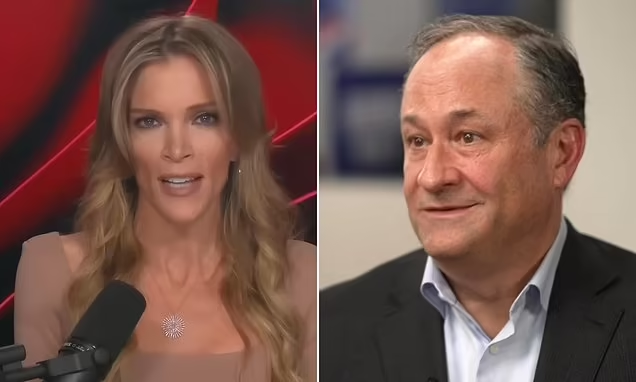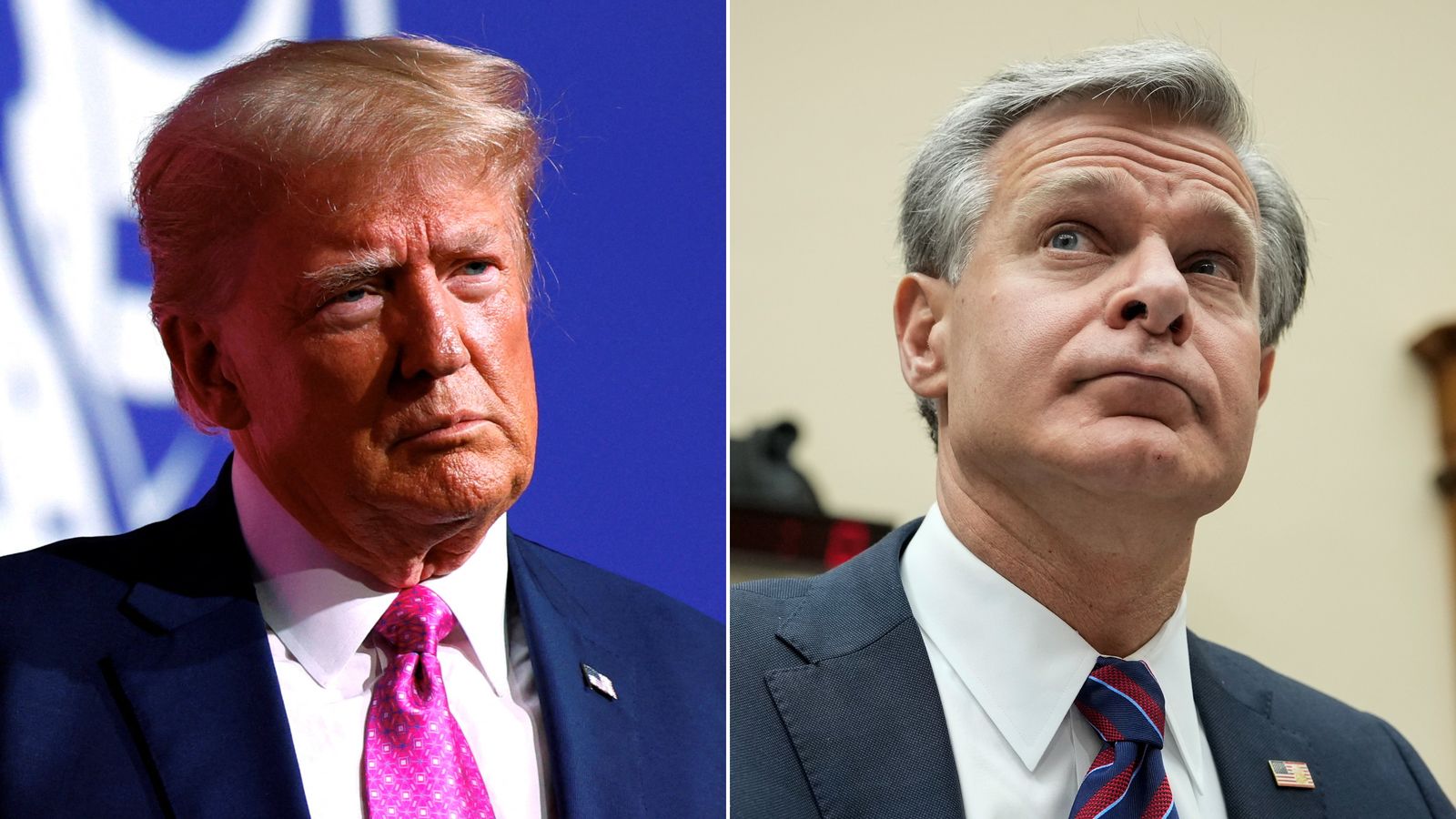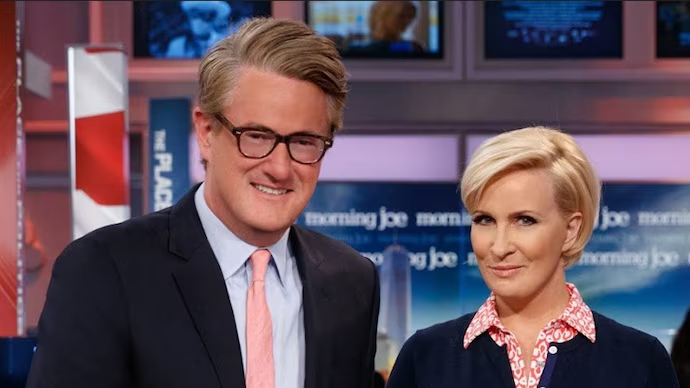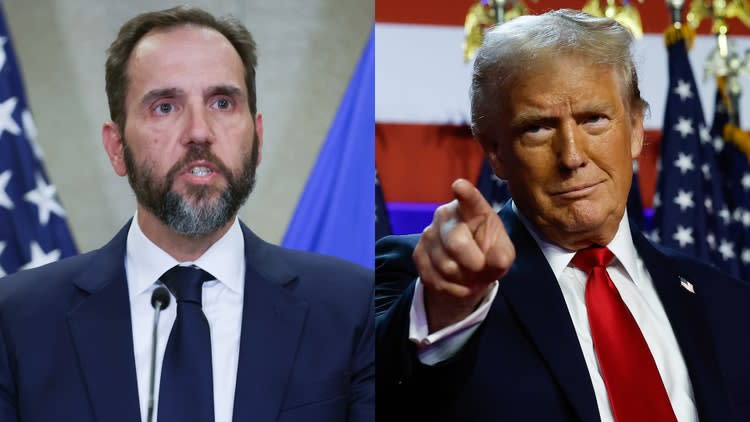Political commentator Megyn Kelly has once again proven herself unafraid to speak out, this time calling out the media for its failure to report on serious allegations made against Doug Emhoff, the husband of Vice President Kamala Harris. According to a story published by the Daily Mail, Emhoff was accused of hitting a woman he was dating in the face, allegedly because he believed she was flirting with another man. While the accusations are deeply troubling, Kelly’s frustration lies not only in the allegations themselves but in the media’s silence surrounding the issue.
The Allegations Against Doug Emhoff
The Daily Mail article claims that Emhoff, who has publicly crafted an image as a devoted and supportive husband, has a dark past. According to the report, Emhoff allegedly struck a woman during a heated argument after accusing her of flirting with another man. While the incident took place before his relationship with Kamala Harris, the accusations raise significant concerns about his character, particularly given his public persona as a champion of equality and respectful relationships.
These claims, though serious, have received little to no attention in mainstream American media outlets, something that Kelly is now sharply criticizing. For someone so closely connected to the White House, Kelly argues that such allegations deserve thorough investigation and public scrutiny. Yet, they have been largely swept under the rug by prominent news organizations, which Kelly sees as a troubling pattern of selective reporting when it comes to figures on the political left.
Kelly’s Justified Criticism
Kelly, a veteran journalist and former Fox News anchor, has built her career on holding people accountable—regardless of their political affiliations. She’s quick to call out hypocrisy in media coverage, and her criticism in this case is warranted. The media’s role in a democracy is to serve as a watchdog, ensuring that all public figures, regardless of their political leanings, are held to the same ethical standards. When allegations as serious as physical abuse surface, it’s the media’s responsibility to investigate and inform the public, especially when those allegations involve the spouse of a sitting Vice President.
Kelly’s critique is not just about Emhoff himself but about the broader implications of selective media coverage. In her view, if the same allegations had been made against a prominent figure on the right, there would be widespread media attention, calls for investigations, and likely public outrage. The absence of similar reactions in this case, she argues, reveals a troubling bias in media reporting.
Media Bias and Accountability
Kelly’s concerns are not unfounded. In recent years, media bias has become a topic of intense debate, with critics arguing that mainstream outlets are often more lenient in their coverage of liberal political figures. This bias, Kelly suggests, is particularly evident in the way the media chooses to report—or not report—scandals and allegations. In the case of Doug Emhoff, the relative silence from mainstream media outlets stands in stark contrast to how allegations of misconduct against figures like Donald Trump, Brett Kavanaugh, or other right-wing political figures have been covered.
The media’s silence on this issue also raises questions about journalistic integrity. Kelly’s point is clear: if journalists are willing to ignore allegations of abuse simply because the accused is connected to a high-profile figure on the left, they are failing in their duty to the public. No one, regardless of political affiliation, should be shielded from accountability.
Public Figures and Scrutiny
Another critical point in Kelly’s argument is the role public figures play in shaping public perception. Doug Emhoff, as the husband of the Vice President and the first-ever “Second Gentleman,” holds a unique position of influence. He has been an outspoken advocate for women’s rights and gender equality, presenting himself as a progressive, supportive partner to Kamala Harris. However, these allegations, if proven true, paint a starkly different picture of Emhoff’s character.
The media’s failure to properly investigate and report on these accusations undermines the credibility of public figures like Emhoff. If the allegations are true, it is not only a personal failing but a contradiction of the values he publicly champions. On the other hand, if the allegations are false, a thorough investigation would help clear his name. Either way, transparency is essential in maintaining the public’s trust.
Implications for the Harris-Emhoff Image
Kelly also pointed out how the media’s failure to report on the allegations against Emhoff could have broader political ramifications, particularly for Kamala Harris, who is widely seen as a future presidential contender. Harris has built her political brand on principles of justice, equality, and advocating for women’s rights. If her husband is indeed guilty of past abuse, it could severely damage her credibility and undermine her political platform.
Moreover, as Kelly argued, Harris’ proximity to the allegations makes them even more significant. It is not just about Emhoff’s past actions but about what they might suggest about the Harris-Emhoff household and Harris’ own judgment. In an era where personal character and family matters play a significant role in political campaigns, these allegations, if properly investigated, could impact Harris’ future political ambitions.
Conclusion: Megyn Kelly is Right
Megyn Kelly’s criticism of the media’s silence on the Doug Emhoff allegations is both justified and necessary. As a seasoned journalist, Kelly has long understood the importance of holding public figures accountable and ensuring that the media remains a balanced and unbiased source of information. Her concerns over selective reporting point to a broader issue of media bias that has far-reaching consequences for public trust in journalism.
The allegations against Doug Emhoff are serious, and they deserve thorough investigation and reporting, regardless of his political connections. As Kelly rightly points out, no one should be above scrutiny, especially those in positions of influence. The media must fulfill its role as a watchdog, ensuring that all public figures are held to the same ethical standards. Anything less is a disservice to the American public.
